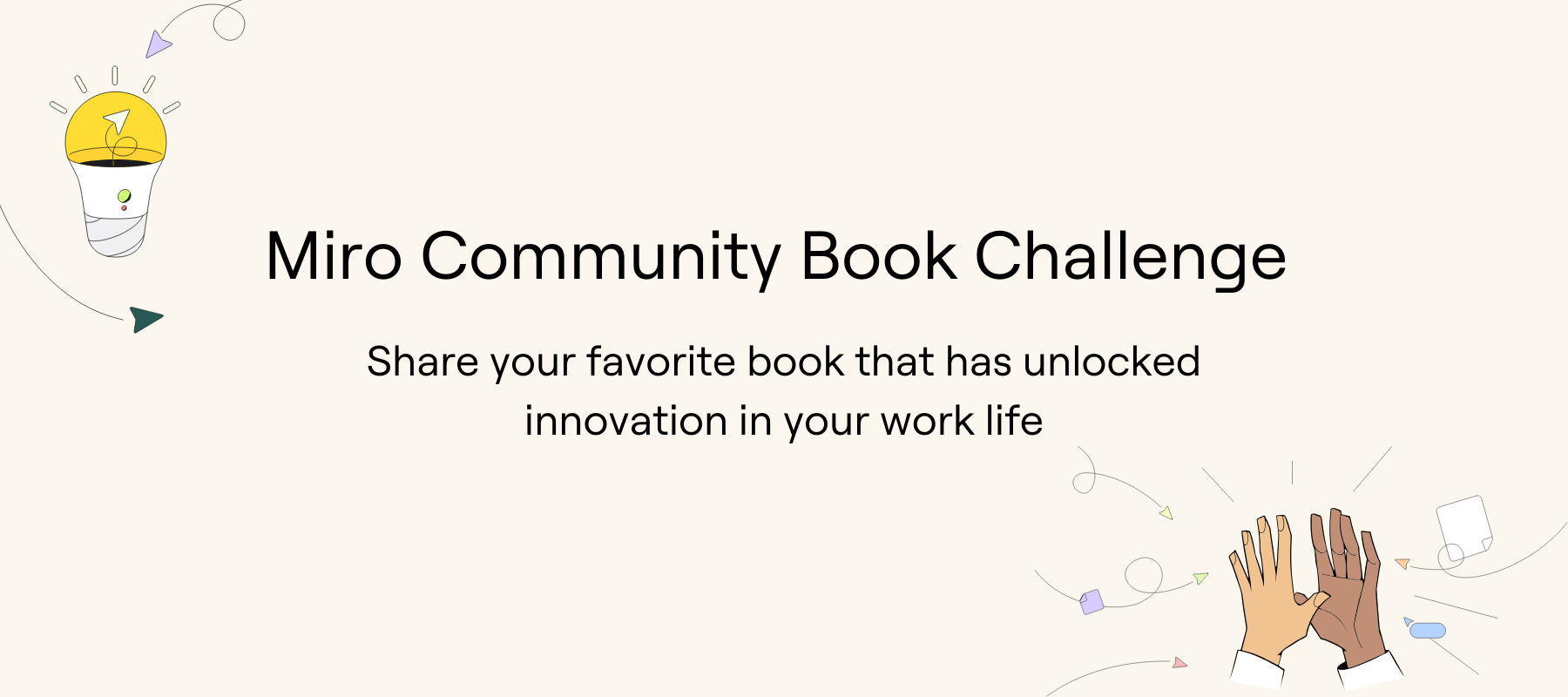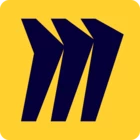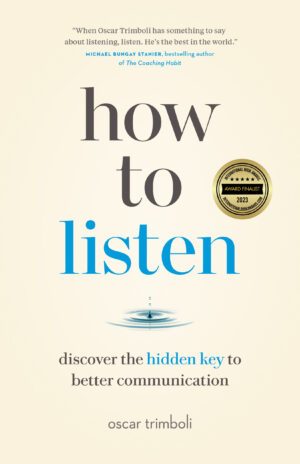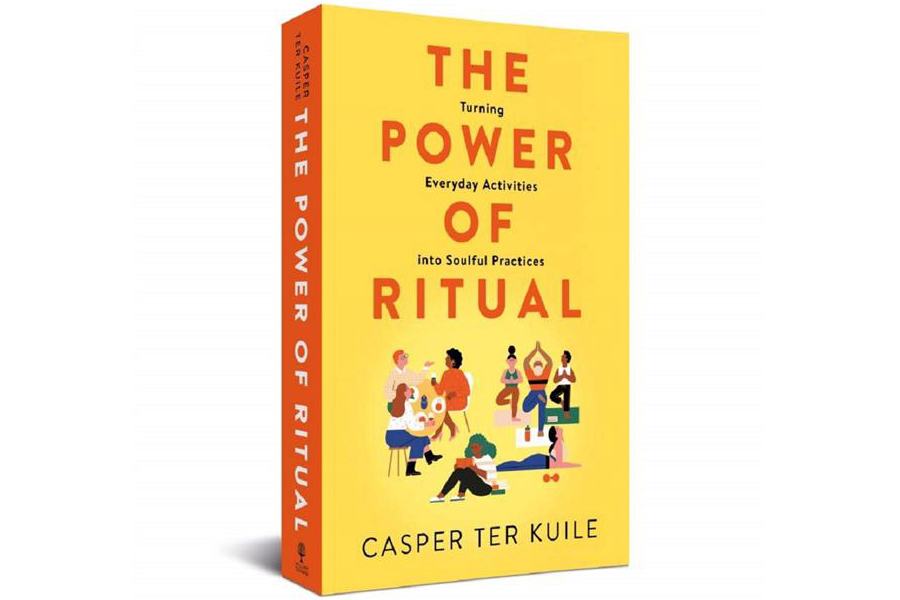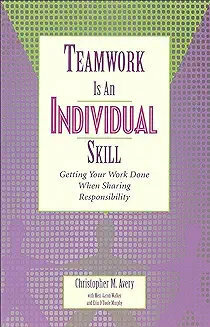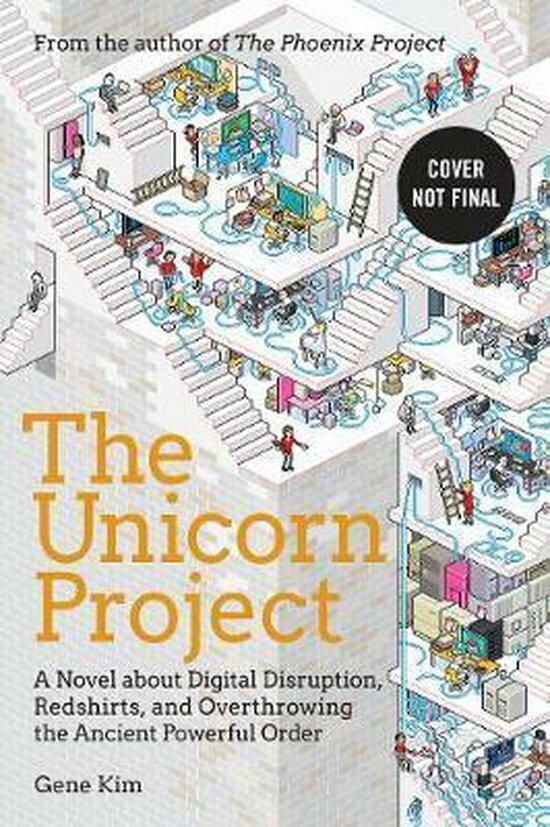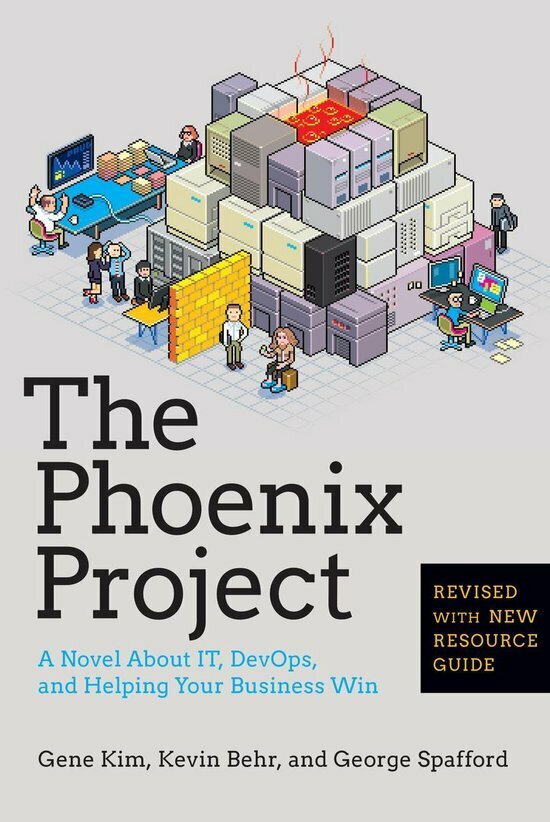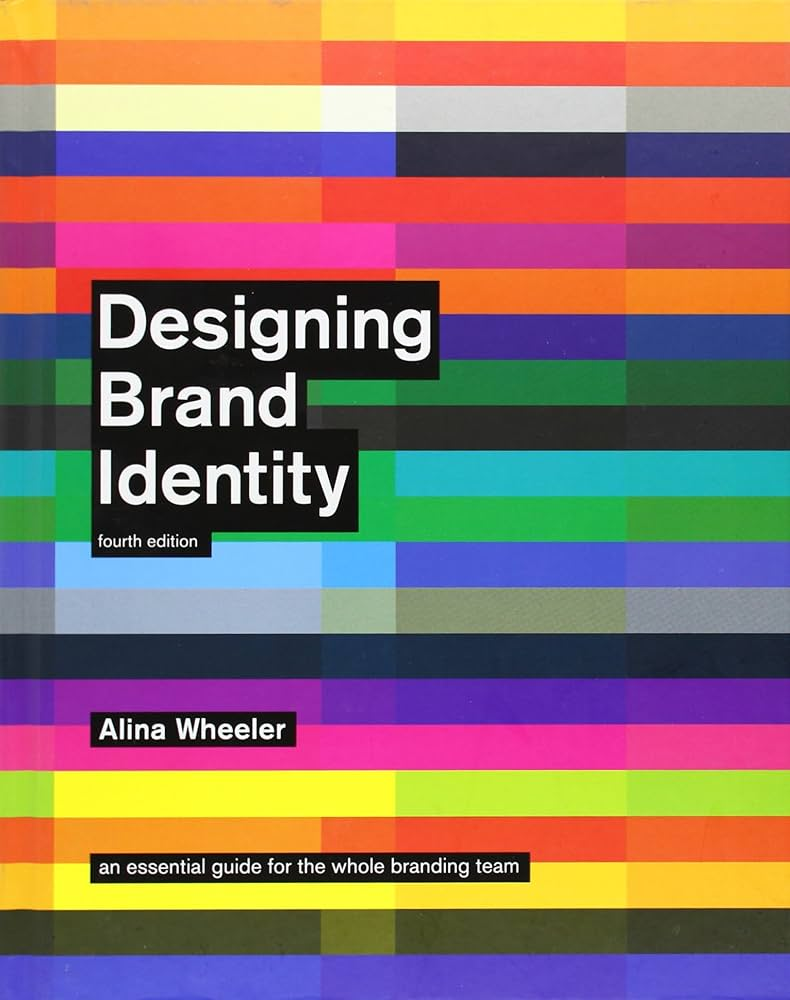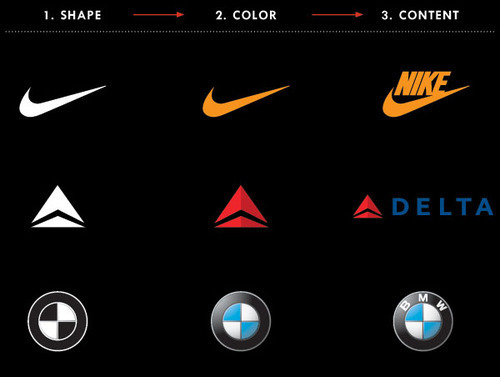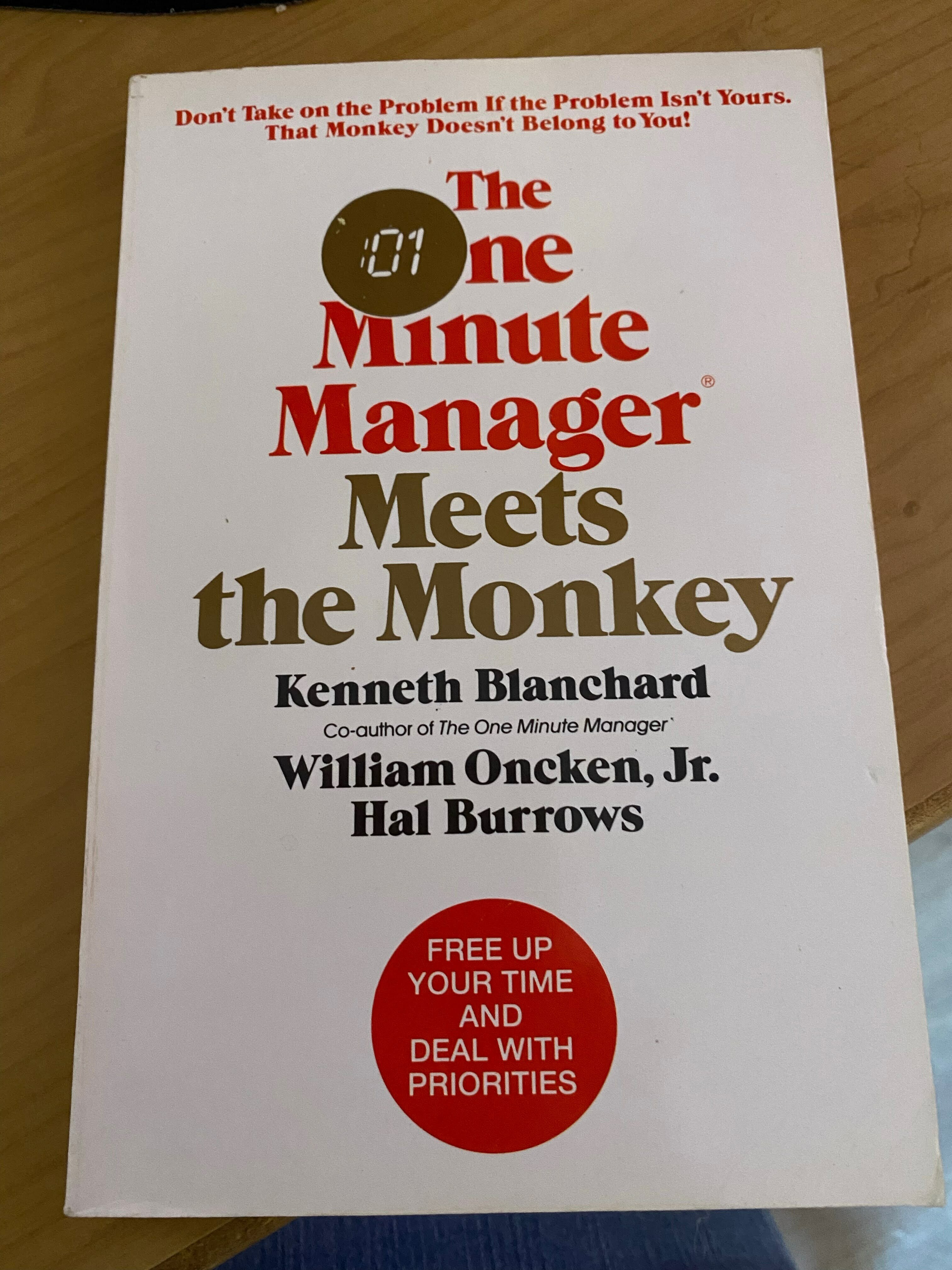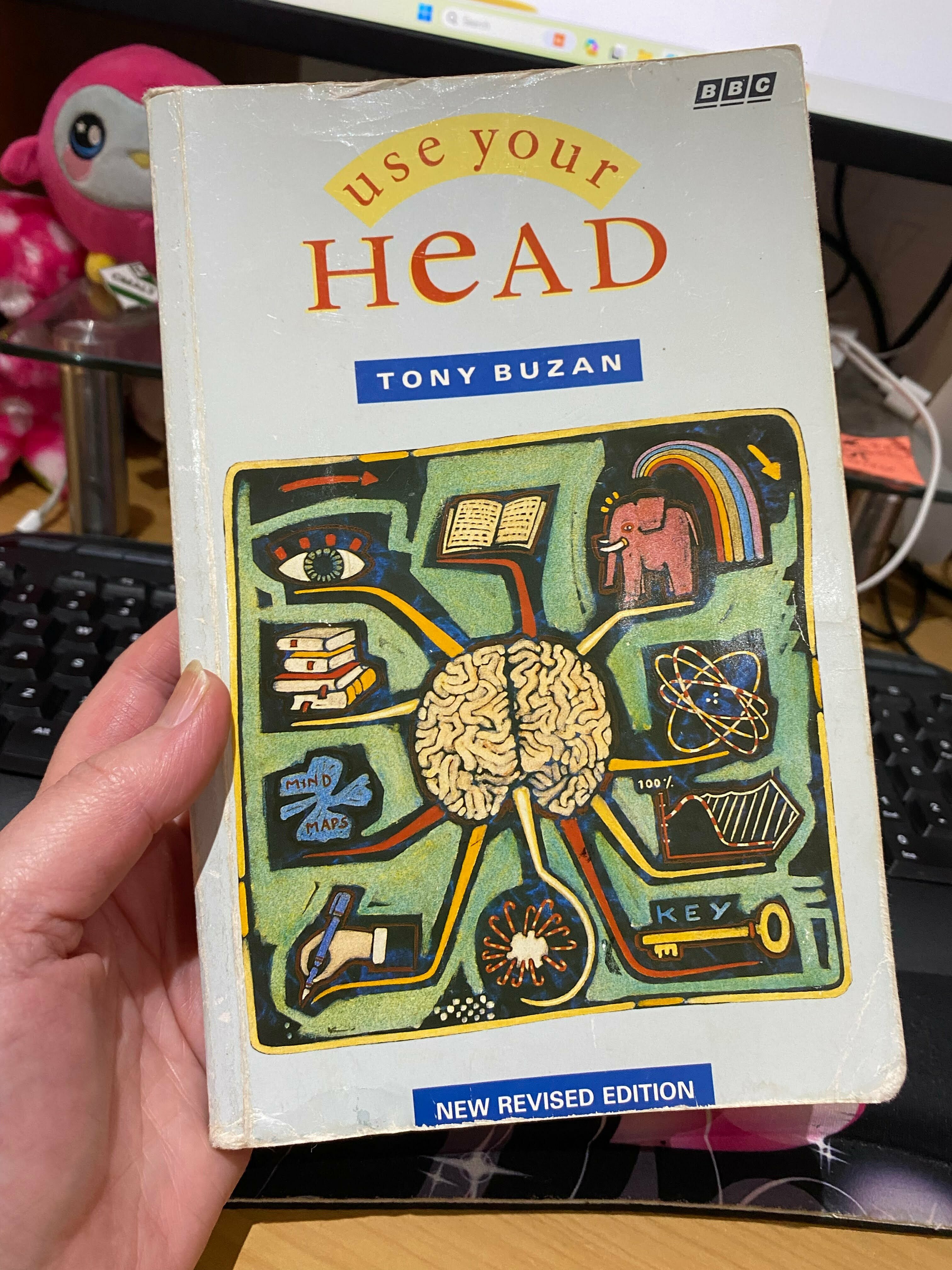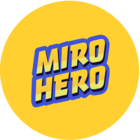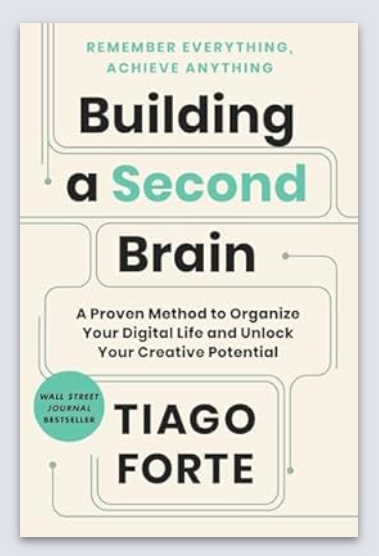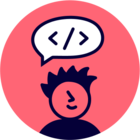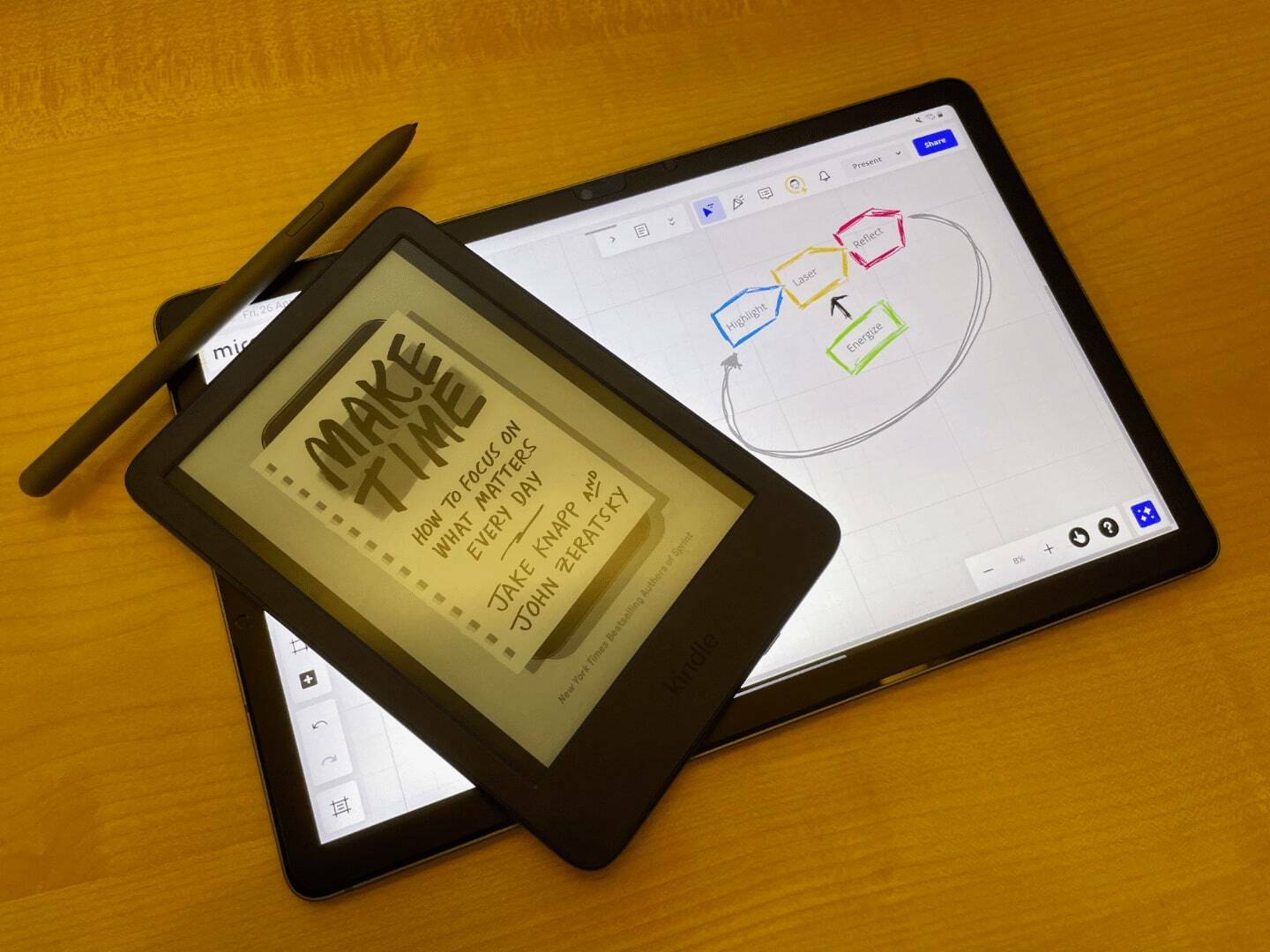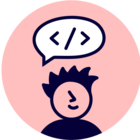Hey Miro Community,
Are you ready to take your creativity and innovation to the next level? We know you're always looking for new ways to improve your workflows and maximize your potential beyond Miro. That's why we're excited to announce our latest community challenge: the Miro Community Book Challenge 📚!
Whether it's a timeless classic or a recent bestseller, we want you to share your favorite book that has unlocked innovation in your work life. From productivity hacks, design thinking, or leadership principles–– your recommendations will hopefully inspire others to solve problems, discover new talents, and inspire creativity!
🏅 Here’s how to participate:
- Comment your favorite book title and author
- “Like” recommendations from fellow community members.
🎯 *Bonus Points: If you share your recommendation this week with a brief description of why this book impacted you*
🤔 What's in it for you? Not only will you be contributing to our knowledge hub of great book recommendations, but two lucky winners will receive a limited edition Miro Mug (see below) for sharing your thoughts and recommendations with the community! Submissions are due Friday, April 26, 2024.
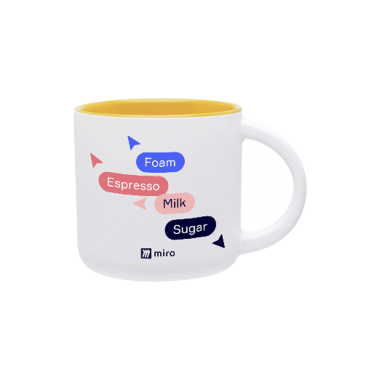
As always, whether you're a seasoned Miro user or just getting started, join us in this new challenge, discover new reads, and connect with innovators in the Miro community.
Please be sure to keep in mind our community guidelines and terms and conditions as you share your recommendations.
We’re so excited to hear from you–– let the book recommendations begin 🎉
**Submissions are now closed to enter and win but you can still join the conversation and share your favorite books in the comments below. We always love learning from you!**

